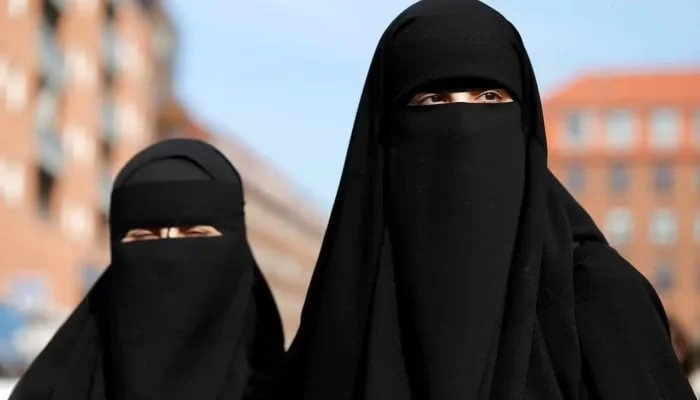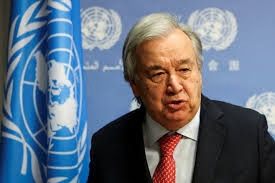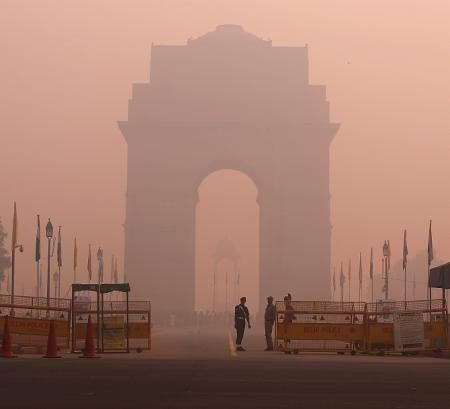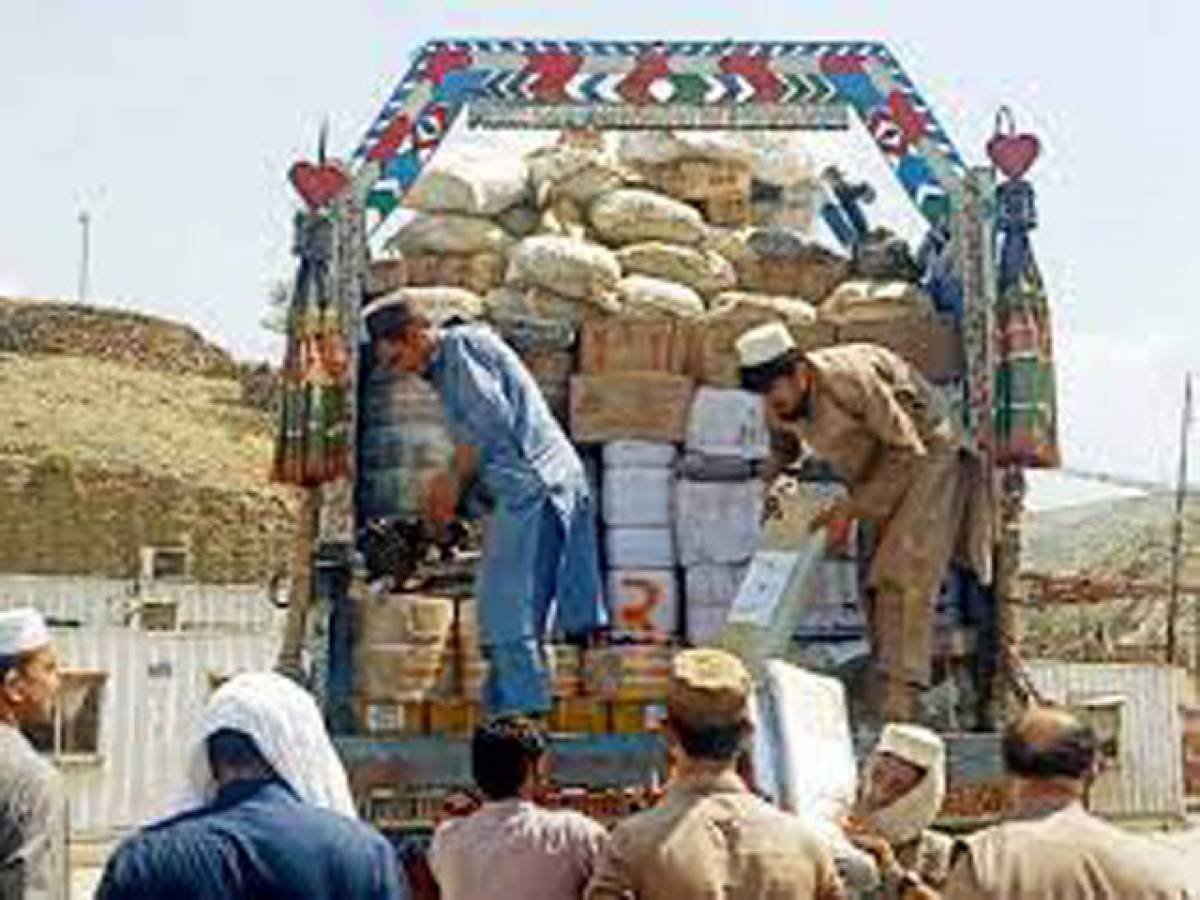Kazakh President Kassym-Jomart Tokayev has signed into law a new bill banning the wearing of clothing in public that covers the face, a move that aligns Kazakhstan with a broader trend among Central Asian nations to restrict certain forms of Islamic dress. While the text of the law avoids directly mentioning religion, it clearly states that any clothing that “interferes with facial recognition” will be prohibited in public places. Exceptions have been made for situations involving medical necessity, harsh weather conditions, and participation in sporting or cultural events.
This legislation is part of a wider series of legal amendments signed on the same day. Though religion is not referenced explicitly, the practical effect of the law has led many to interpret it as targeting garments such as the niqab and burqa, which are worn by some Muslim women and cover the face entirely or partially. Kazakhstan, a Muslim-majority country and former Soviet republic, continues to maintain a secular governance model. The law reflects ongoing efforts by the state to assert its version of national identity over what are perceived as foreign or imported cultural and religious practices.
President Tokayev has openly supported the legislation as a tool for cultural reaffirmation. In earlier comments reported by Kazakh media, he suggested that wearing national dress is more appropriate than adopting face-concealing garments, which he said are alien to Kazakh culture. He emphasized that traditional Kazakh clothing more accurately represents the nation’s ethnic identity and should be promoted. His statements echo sentiments expressed in other Central Asian countries, where governments have taken steps to limit or discourage the adoption of certain forms of Islamic dress under the banner of cultural preservation or secularism.
Kazakhstan is not alone in implementing such restrictions. Across the region, similar laws have been introduced. In neighboring Kyrgyzstan, law enforcement agencies have conducted street patrols to enforce a ban on the niqab. The Kyrgyz government has also carried out public awareness campaigns to promote traditional clothing over Islamic dress, suggesting that the adoption of face-covering garments reflects an influence not native to the region. In Uzbekistan, individuals found wearing a niqab in violation of local regulations may face a fine exceeding $250. The Uzbek government, like Kazakhstan’s, has justified its laws by appealing to national customs and values. Tajikistan has gone even further, with President Emomali Rakhmon signing a law that bans clothing described as “alien to national culture,” a phrase widely interpreted as referring to Islamic garments such as the abaya and niqab.
In all these cases, the measures have sparked concern from human rights organizations and international observers who argue that such policies infringe on freedom of religion and expression, particularly for women. Critics also warn that these laws may promote stereotypes or discrimination against people who choose to express their faith through their clothing. In contrast, supporters argue that the regulations are not aimed at religion itself but at protecting national culture and ensuring public safety, particularly in light of concerns over extremism.
Within Kazakhstan, reactions to the face-covering ban have been mixed. In urban areas and among more secular segments of society, the new law has received some support. Proponents view it as a necessary step to maintain social harmony and national unity. They believe that such garments are not traditionally part of Kazakh culture and that their growing visibility may be the result of foreign influence rather than genuine religious revival. On the other hand, more conservative and religious communities, particularly in rural regions, view the legislation as a restriction on personal freedoms and religious rights. Some have expressed concern that the law may lead to profiling or harassment of women who choose to dress modestly in line with their beliefs.
Legal experts have raised questions about how the law will be enforced and whether it could open the door to abuses or misinterpretation by authorities. There is also concern about the broader implications for religious tolerance in a society that has historically prided itself on cultural and religious diversity. International human rights frameworks, including those endorsed by the United Nations, emphasize that any restriction on religious dress must be proportionate and non-discriminatory. Whether Kazakhstan’s new law adheres to these principles remains to be seen.
The law serves as a statement about how the Kazakh government envisions the role of religion and identity in modern society. For President Tokayev and his administration, it is a measure to promote unity and cultural pride. But for others, it raises critical questions about the limits of state power over personal choice and expression. As Kazakhstan continues to shape its national identity in the post-Soviet era, this legislation may well become a focal point in the ongoing dialogue about the balance between modernity, tradition, and freedom.



